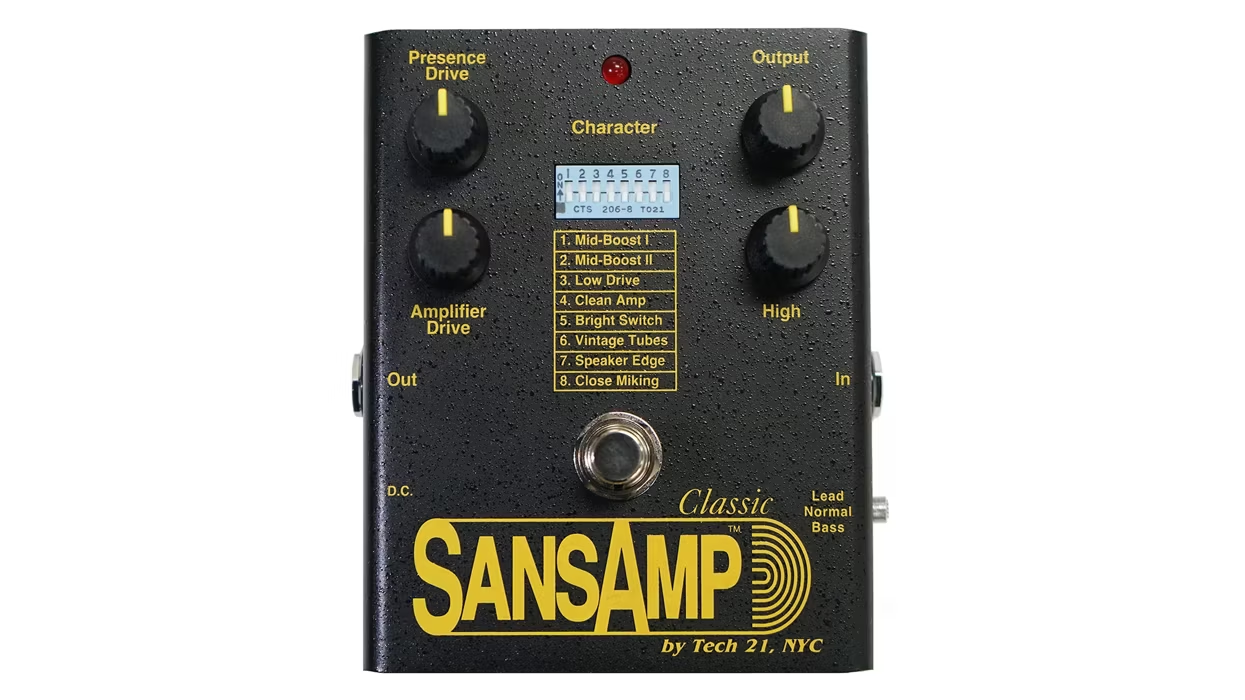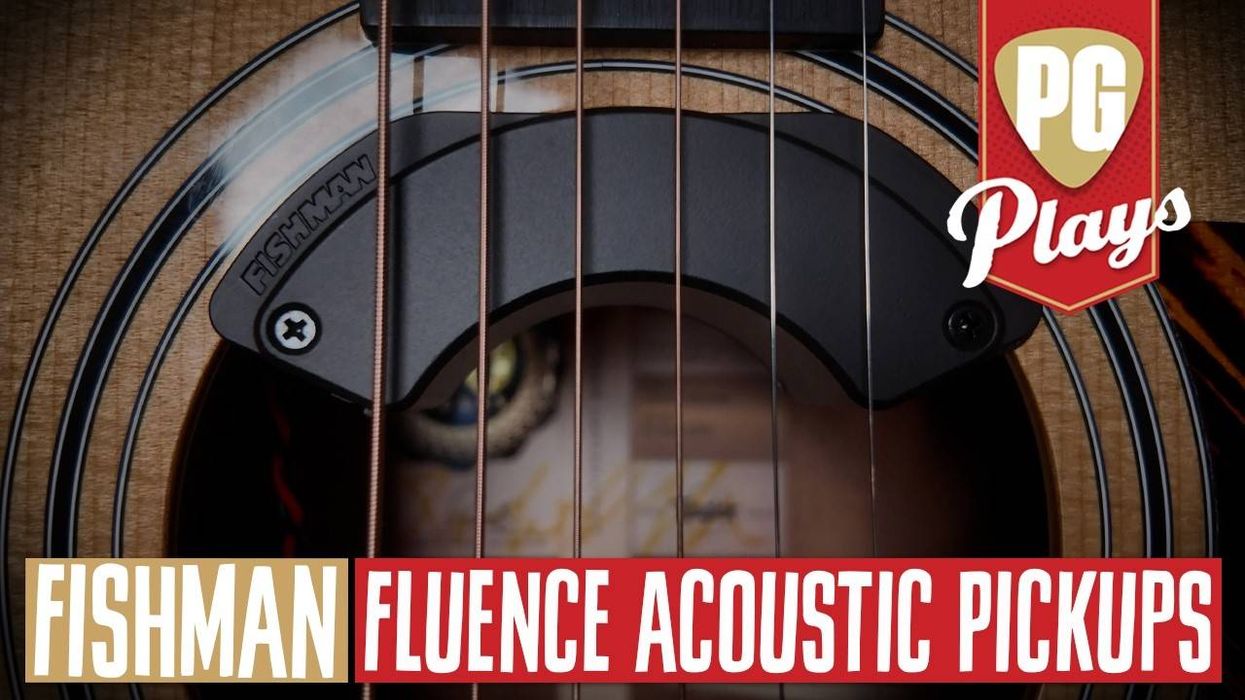I remember the first time I slid the Yes album Close to the Edge—the second of the British quintet’s two masterpieces from my birth year, 1972—into my shiny new Denon CD player. It was 1988, and the 16-year-old me had gotten into the band rather heavily after stumbling across a late-night spinning of Fragile (Yes’ first ’72 masterpiece) on the local classic-rock radio station.
To a then-devout Mormon kid whose life theme song up to that point could’ve been Adam Ant’s “Goody Two Shoes,” the epic opening/title track was like a massive hit of aural LSD. A 19-minute, psychedelic metaphorical microcosm of human existence, beginning with morning’s quiet stirring of birds and proceeding to fits of keyboard, guitar, bass, and drum chaos mimicking the disoriented, dissonant daze of fresh wakefulness, the dawning of complete consciousness, and then a breezy stroll through lush harmonic landscapes on the way to inevitable confusion and conflict.
Amidst the stream of lyrics as meandering and mysterious as life itself were six words that rang—and still ring—loudest and truest. Triumphant and clear as a bell, the falsetto intonations sound out a mantra.
I get up, I get down
I get up, I get down
I get up, I get down
* * *
Everyone struggles with insecurity and discouragement. But perhaps we artists are often the most open about it. Some don’t seem to suffer much from the nagging, gnashing voices, but perhaps they just hide it well. For most, the voices can be silenced for a time, whether out of luck or after concerted mental battle, only to inevitably roar back, taunting us as worthless, no-talent posers who should hang it all up and step aside.
Last year, famed British author and screenwriter Neil Gaiman (American Gods, Coraline)—who’s won a bevy of Hugo, Nebula, Bram Stoker, Newberry, and Carnegie awards—blogged about his struggles with impostor syndrome—the tendency to view one’s own achievements as undeserved flukes, coupled with the fear of being revealed a fraud.
“Some years ago, I was lucky enough [to be] invited to a gathering of great and good people: artists and scientists, writers and discoverers of things,” Gaiman begins. “I felt that at any moment they would realize that I didn’t qualify to be there.”
—Neil Gaiman
While listening to a musical number on the second or third evening of the multiday get-together, Gaiman struck up a conversation with a genial older gentleman also named Neil.
“He pointed to the hall of people, and said words to the effect of, ‘I just look at all these people, and I think, what the heck am I doing here? They’ve made amazing things. I just went where I was sent.’ And I said, ‘Yes. But you were the first man on the moon. I think that counts for something.’
“And I felt a bit better. Because if Neil Armstrong felt like an impostor, maybe everyone did. Maybe there weren’t any grown-ups, only people who had worked hard and also got lucky and were slightly out of their depth, all of us doing the best job we could, which is all we can really hope for.”
* * *
One needn’t be the winner of prestigious recognitions like Gaiman to suffer the same demons. In struggling with my own occasional bouts of impostor syndrome, what I’ve come to realize over the years is that what saves us is advance awareness. And each other.
To prepare for the times when those asshole voices in your head tell you you suck, that you should pack it in, that so-and-so is better, shore up healthy stores of confidence in the rightness of your artistic direction. Work hard, be ambitious, and hold high standards, but also make sure you evaluate yourself fairly, eschewing the critical microscope in favor of what an astute but fair-minded everyday observer might afford.
Perhaps most importantly, especially if you play in a band, surround yourself with positive people who support you, not just musically but emotionally and personally. No amount of musical proficiency in a bandmate is worth sacrificing your dignity and submitting to ridicule, abuse of any sort, or disrespect of your time, musical contributions, and basic value as a human being.
Camaraderie, friendship, pains and victories shared equally and selflessly—these are what lift us up, individually and as co-creators together. Seek out collaborators who reciprocate, empathize. You’ll be happier. Your music will be better. Crowds will enjoy what you do more. Your repertoire will blossom and grow. Conversely, selfish, unreliable, negative musical partners will have the opposite effect, and eventually your project will crash and burn.
Don’t underestimate the power that positivity has to exponentially expand the quality of what you do. Surround yourself with people who remind you:
I get down, I get up
I get down, I get up
I get down, I get up












![Rig Rundown: Russian Circles’ Mike Sullivan [2025]](https://www.premierguitar.com/media-library/youtube.jpg?id=62303631&width=1245&height=700&quality=70&coordinates=0%2C0%2C0%2C0)





